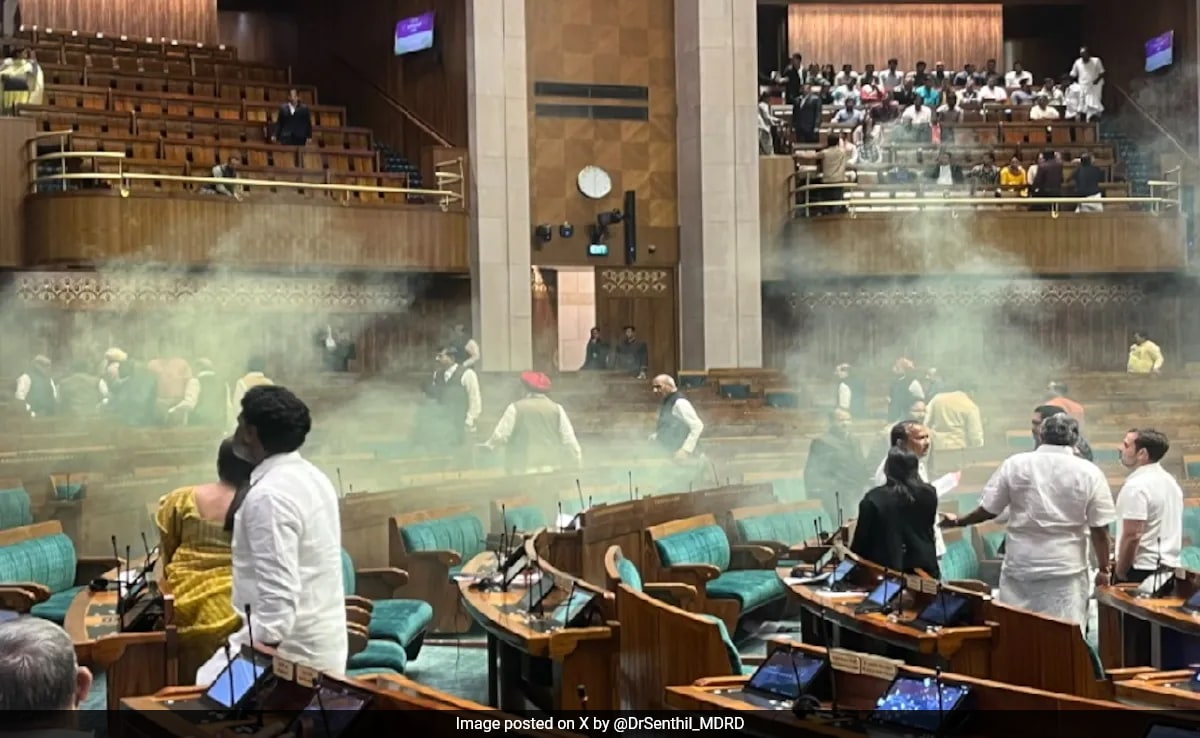Access to the Parliament complex – a particularly high-profile issue after last week’s security breach – will now be guarded by the Central Industrial Security Force, or CISF, the government said in a notification issued Wednesday.
The CISF will displace Delhi Police, which will continue to protect the exterior perimeter – as the agency in charge, and will take over all related responsibilities, including frisking entrants.
Security within the complex will continue to be the responsibility of the Lok Sabha Secretariat.
The change will be enforced after a detailed security survey of Parliament, interior and exterior, that was ordered by the Home Ministry, and follows a security breach last week.
According to the CISF website, the force provides “integrated security cover to sensitive public sector undertakings”. At present it guards over 350 such locations, including airports and nuclear facilities.
On December 13 two men gained access to the Lok Sabha’s visitor gallery via passes issued by a BJP MP’s office, and popped yellow smoke canisters inside the chamber, triggering a massive security scare. These were slipped past Delhi Police’s physical checks in cavities cut into custom-made shoes.
Two others – a man and a woman – opened red and yellow smoke cans outside the complex.
All four have been arrested and are being interrogated by Delhi Police. Two others, including the alleged mastermind, are also in custody, but the entire incident has led to a massive political row, with the opposition demanding answers from Prime Minister Narendra Modi and his government.
Hours after the security scare, the government had announced tightening of protocols for entry into the Parliament complex, barring visitors and non-essential staff. Separate entrances were allotted for MPs and their staff members, while press (temporarily banned) were given a third gate.
Visitors, when allowed again, must enter from a fourth gate.
In addition, the visitors’ gallery will be encased in glass to stop people from jumping into the House chamber, and body scan machines – similar to those in airports – will also be installed.
